- #11-13 Mount Elizabeth Medical Centre (Orchard)
- Mon Fri 9am — 6pm | Sat 9am — 12.30 pm
Here at Auspicium Orthopaedic Centre, we focus on the assessment and management of knee conditions affecting mobility, stability, and daily function. Through our knee specialist in Singapore, we provide consultations, diagnostic evaluation, and treatment planning for a wide range of knee concerns, guided by clinical findings and individual patient needs.

Dr. Edwin Tan is a Consultant Orthopaedic Surgeon. He graduated with a Bachelor of Medicine and Bachelor of Surgery from NUS in 2004 and was awarded the postgraduate Membership of the Royal College of Surgeons of Edinburgh in 2008, the Masters of Medicine in Orthopaedic Surgery in 2013, and the Fellowship of the Royal College of Surgeons of Edinburgh in Orthopaedic Surgery in 2014. While practicing in Singapore General Hospital, he was awarded the HMDP award for a one-year fellowship program in Imperial College, London – with Professor Roger Emery, then President of the prestigious European Shoulder & Elbow Society.
His area of specialty is in Sports and Reconstructive Surgery, and aid in the treatment of injuries sustained by both recreational and professional athletes.
With a strong interest in Sports and Reconstructive surgery, he has travelled extensively to various countries around Asia-Pacific to perform surgeries. From knee ligament reconstructions of national athletes in Papua New Guinea to joint replacement surgeries in China, he has aided patients in returning to their level of competitive sports and quality of life.

The meniscus is a cartilage cushion between the thigh and shin bones. A tear can occur due to sudden twisting motions or gradual wear and tear. Symptoms include pain, swelling, and difficulty fully straightening the knee.
Cartilage damage can result from trauma, overuse, or degenerative conditions like osteoarthritis. It often leads to knee pain, stiffness, and locking sensations, affecting movement and overall joint health.
The anterior cruciate ligament (ACL) helps stabilize the knee. A rupture or sprain typically happens during sports that involve sudden stops, pivots, or jumps. Patients may experience swelling, instability, and difficulty bearing weight on the affected leg.
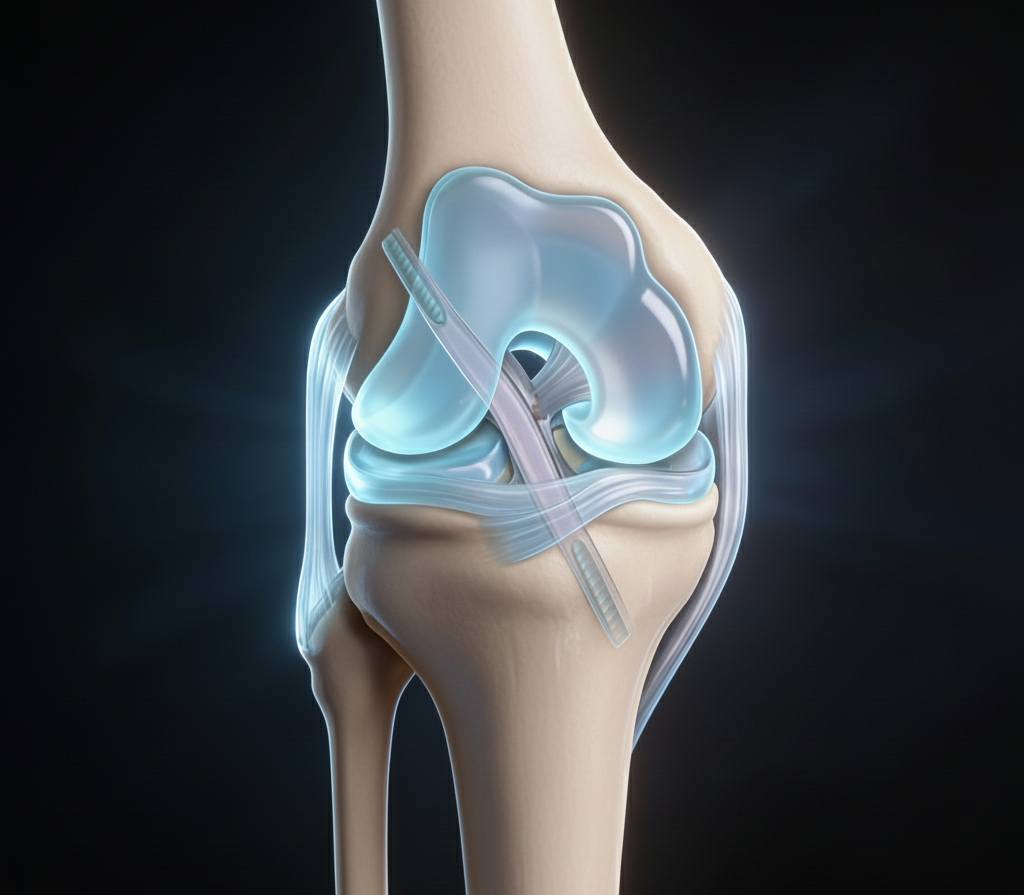
This procedure may be considered for individuals with knee instability caused by ligament injury, particularly after sports-related trauma or sudden twisting movements that affect joint support.
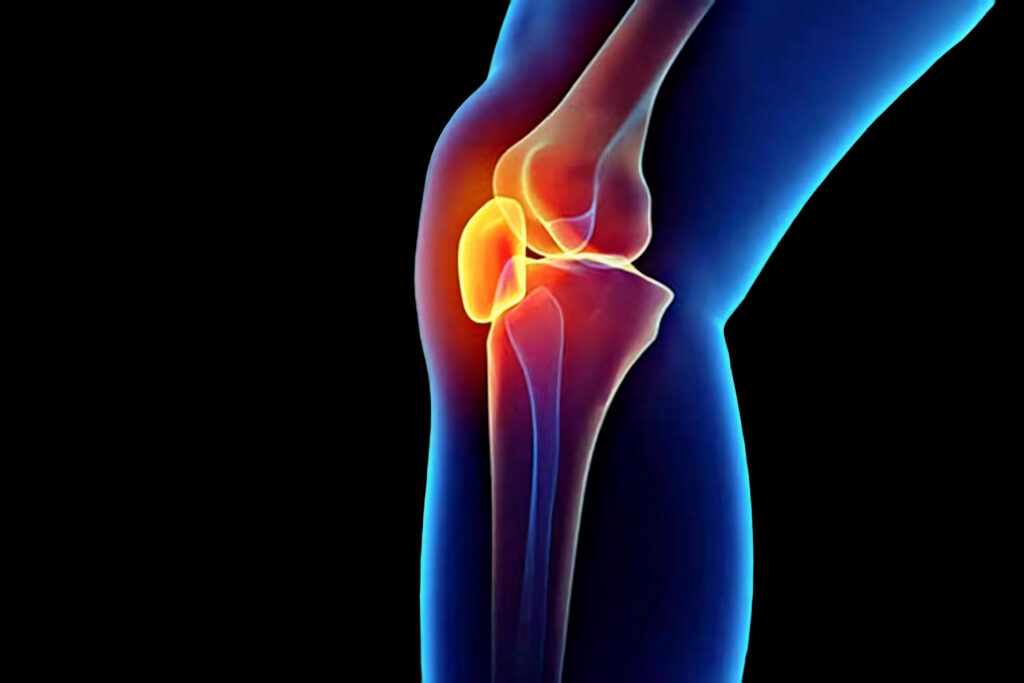
A condition involving gradual wear of the knee joint cartilage, often leading to pain, stiffness, and reduced movement that can affect walking, standing, and daily activities.
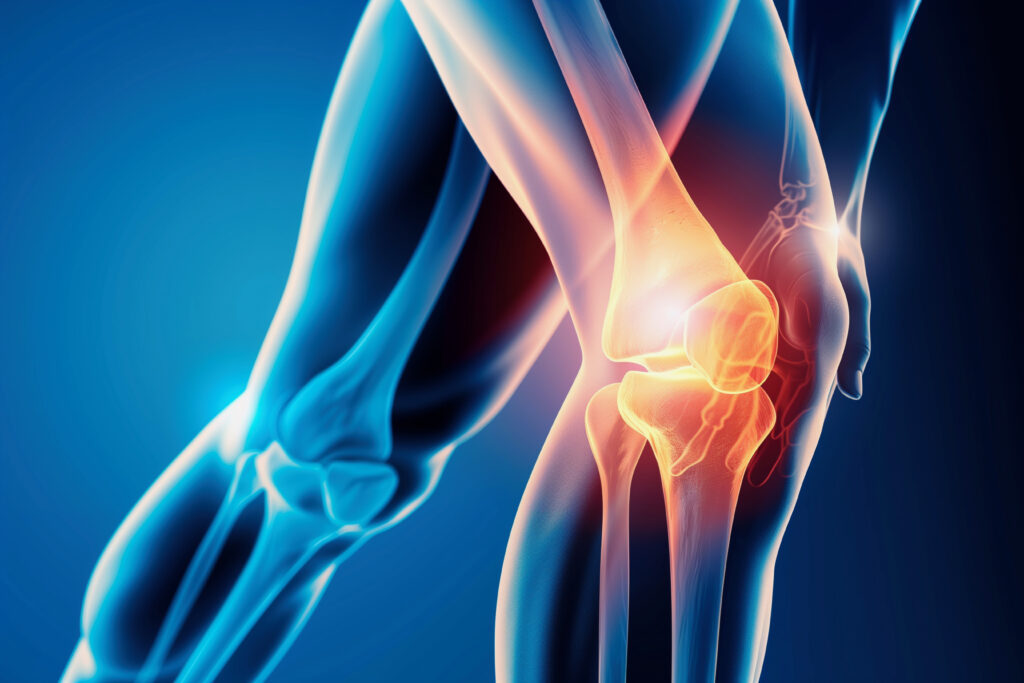
This condition involves irritation or softening of the cartilage beneath the kneecap and is commonly associated with pain at the front of the knee, especially during movement or prolonged sitting.
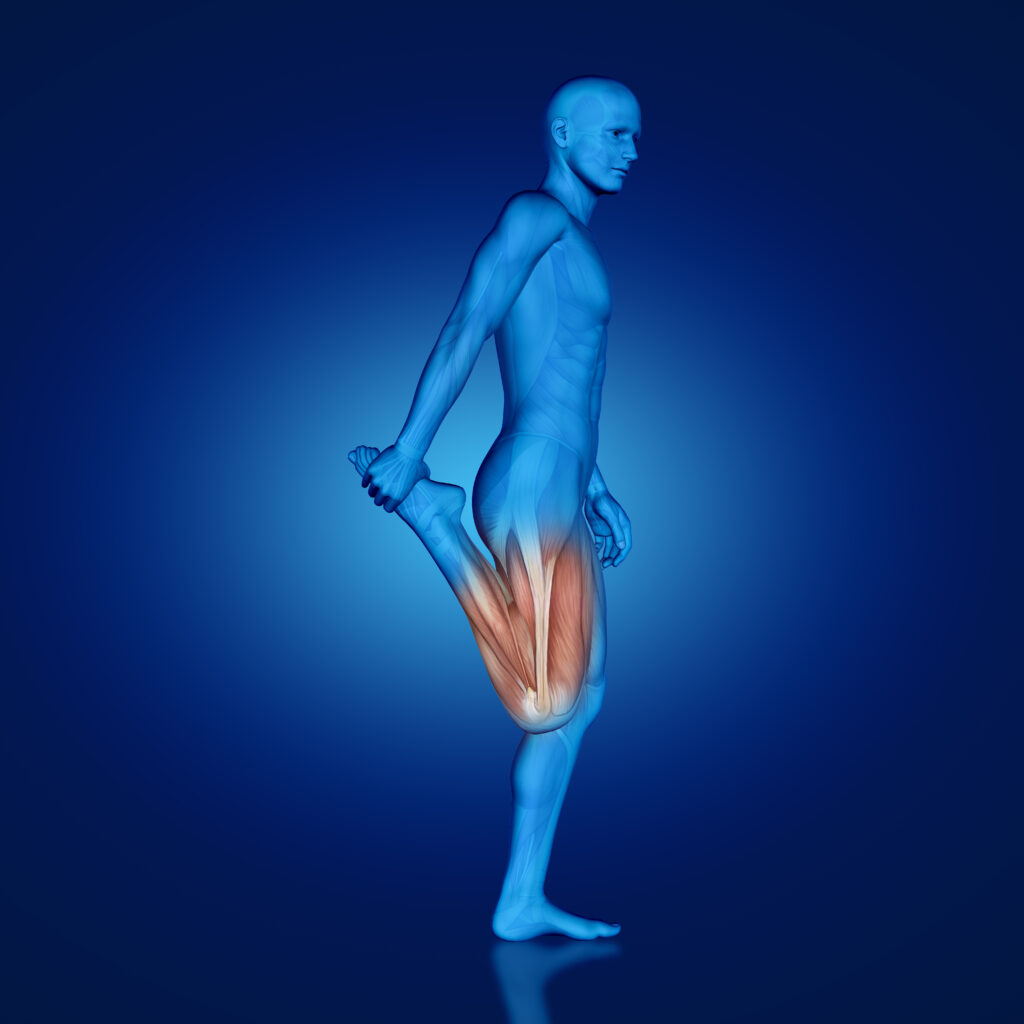
An overuse-related condition where friction along the outer knee causes discomfort, frequently experienced by runners or individuals engaged in repetitive knee bending activities.
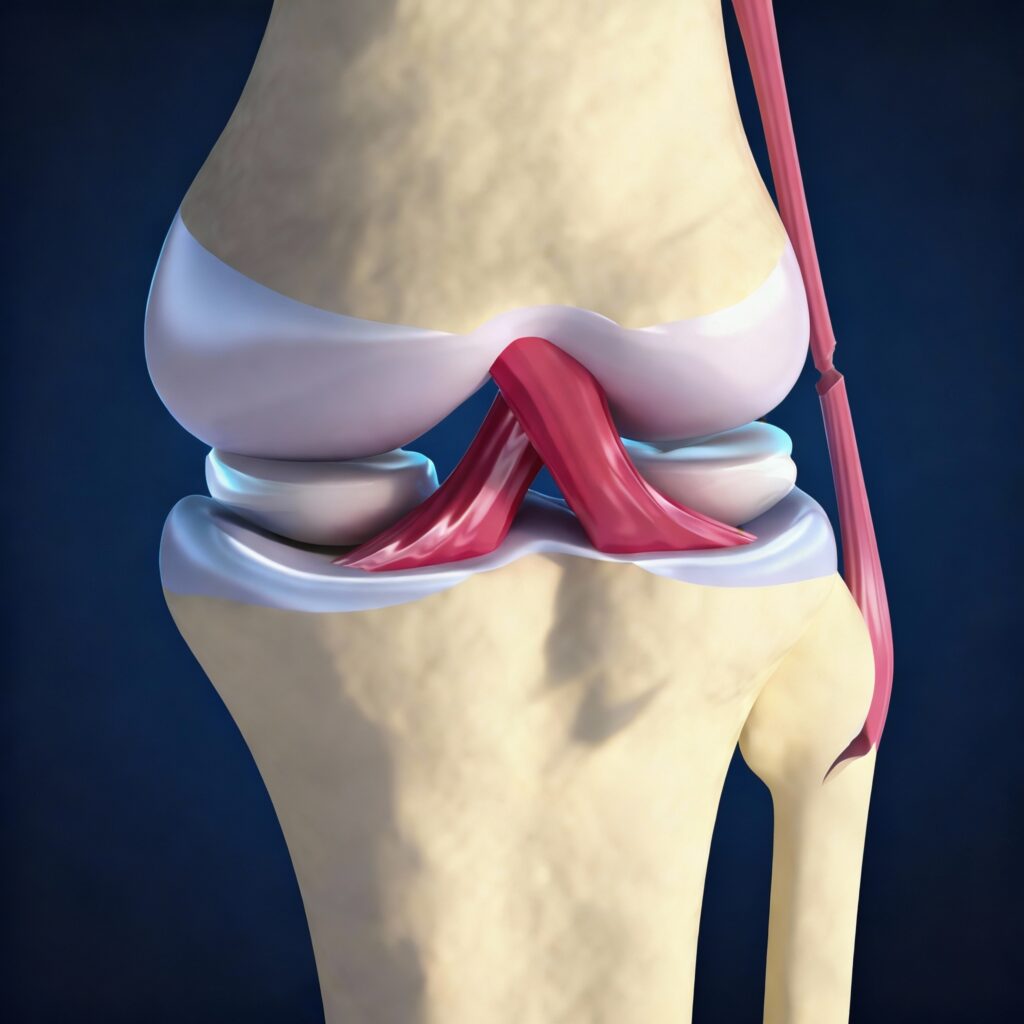
Injuries to the medial or lateral collateral ligaments often result from direct impact or sudden force to the knee, potentially leading to pain, swelling, and instability.
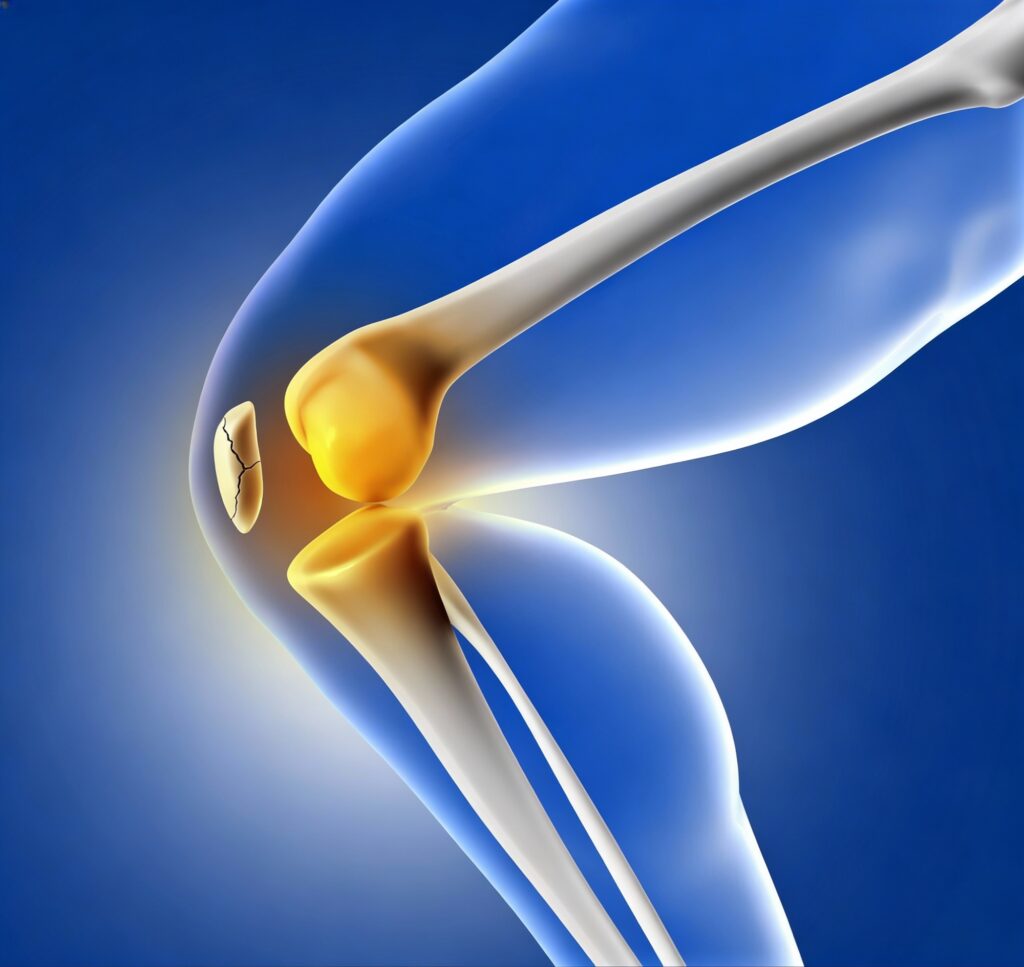
A break in the kneecap caused by trauma or falls, which may affect the knee’s ability to straighten or bear weight depending on severity.
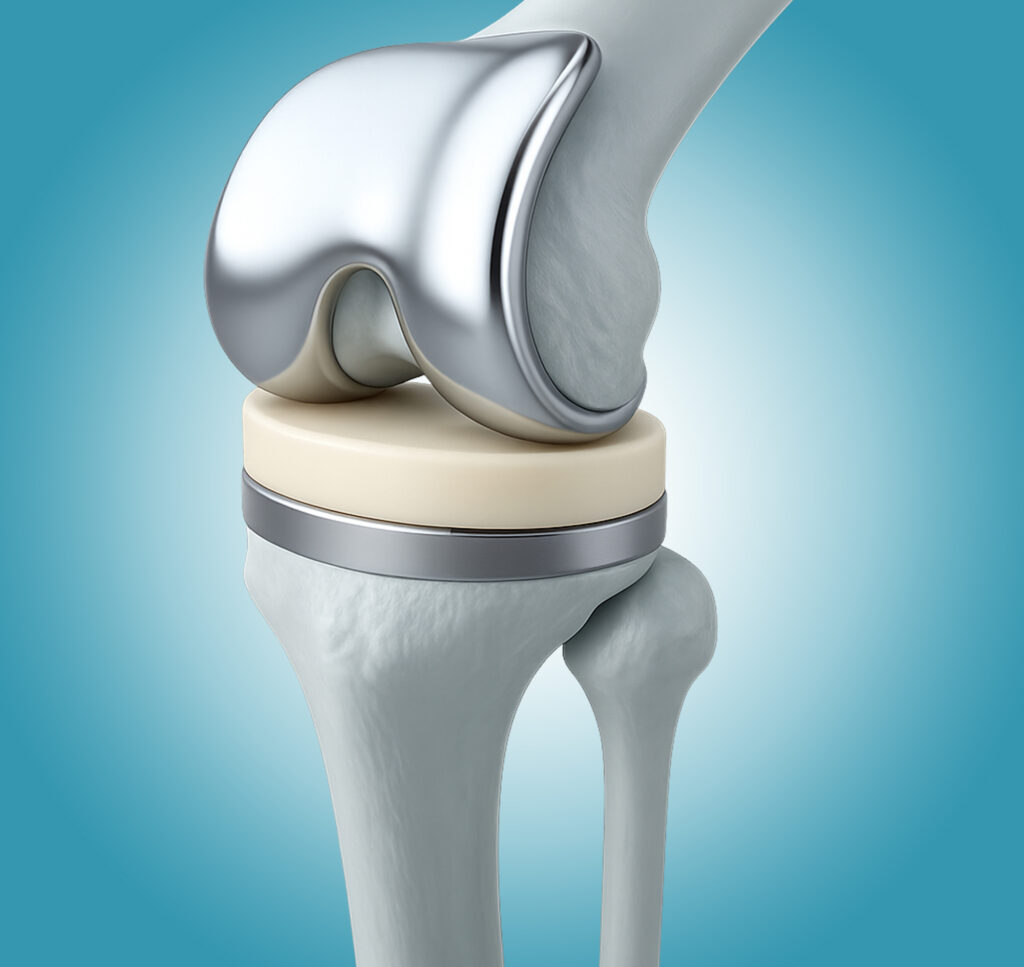
A surgical option that may be considered for individuals with significant knee joint damage when non-surgical management no longer provides sufficient symptom relief.
If you experience any of the following symptoms, it’s essential to consult a knee specialist to prevent further damage and improve recovery:
Seeking early treatment can prevent long-term complications and help you return to an active lifestyle faster. If you’re experiencing knee discomfort, consult a specialist today.
If your knee feels warm or appears red, it could be a sign of inflammation or an underlying issue such as infection or joint irritation. This may occur after an injury or in response to joint overuse.
Some patients may hear or feel grinding, clicking, or popping in the knee during movement. While not always serious, persistent sounds may indicate cartilage wear, loose fragments, or other internal changes in the joint.
Difficulty fully extending the leg may suggest joint swelling, stiffness, or internal blockages such as a torn meniscus. This may gradually worsen if left untreated.
Locking refers to the knee getting stuck or catching during motion. This can disrupt movement and may point to cartilage damage or loose tissue within the joint.
We are committed to helping you recover function and maintain long-term knee health. Whether you’re an athlete recovering from an injury or an individual experiencing knee pain due to wear and tear, our team supports you throughout your recovery journey.
No two knee conditions are alike. Our specialist will evaluate your symptoms and create a care plan that suits your needs. Treatment options may include physiotherapy, rehabilitation, medication, or surgery depending on your condition.
Depending on your diagnosis, we offer a range of surgical and non-surgical treatments to address knee pain and injuries. From physiotherapy, bracing, and injections to arthroscopic surgery, ligament reconstruction, and ACL reconstruction surgery, we focus on providing personalised solutions based on your condition and lifestyle.
Beyond treatment, we support recovery with rehabilitation and movement planning to reduce the chance of future injuries. Our team also provides advice on safe movement techniques and activity modification to support long-term joint health.
At Auspicium Orthopaedics, our mission is simple: Recover and Resume.

You should consult a knee specialist if you have:
Early treatment can prevent further damage and improve recovery.
Your consultation will include:
It depends on the severity and cause of your knee pain. Mild discomfort may improve with rest and modifications, but continuing sports with persistent pain can worsen injuries. A knee specialist can advise on safe activity levels and rehabilitation options.
Seek medical help if you experience:
We accept a variety of payment options, including cash, credit/debit cards (Amex unavailable in selected clinics), and corporate insurance claims. If you’re using insurance, our team can assist you with claim processes and eligibility checks.
If you’re experiencing knee pain or an injury, schedule a consultation with our knee specialist for expert advice and personalized treatment.
Yes. Knee discomfort may also result from inflammation, poor alignment, overuse, or underlying medical conditions such as gout or knee arthritis. A thorough assessment helps identify the root cause
A sprain refers to stretched or slightly damaged ligaments, while a tear involves a partial or complete rupture. Imaging tests can help confirm the type and extent of injury.
Yes. Many people with knee pain benefit from physiotherapy alone. It can help build strength, reduce strain, and improve movement patterns without the need for surgery.
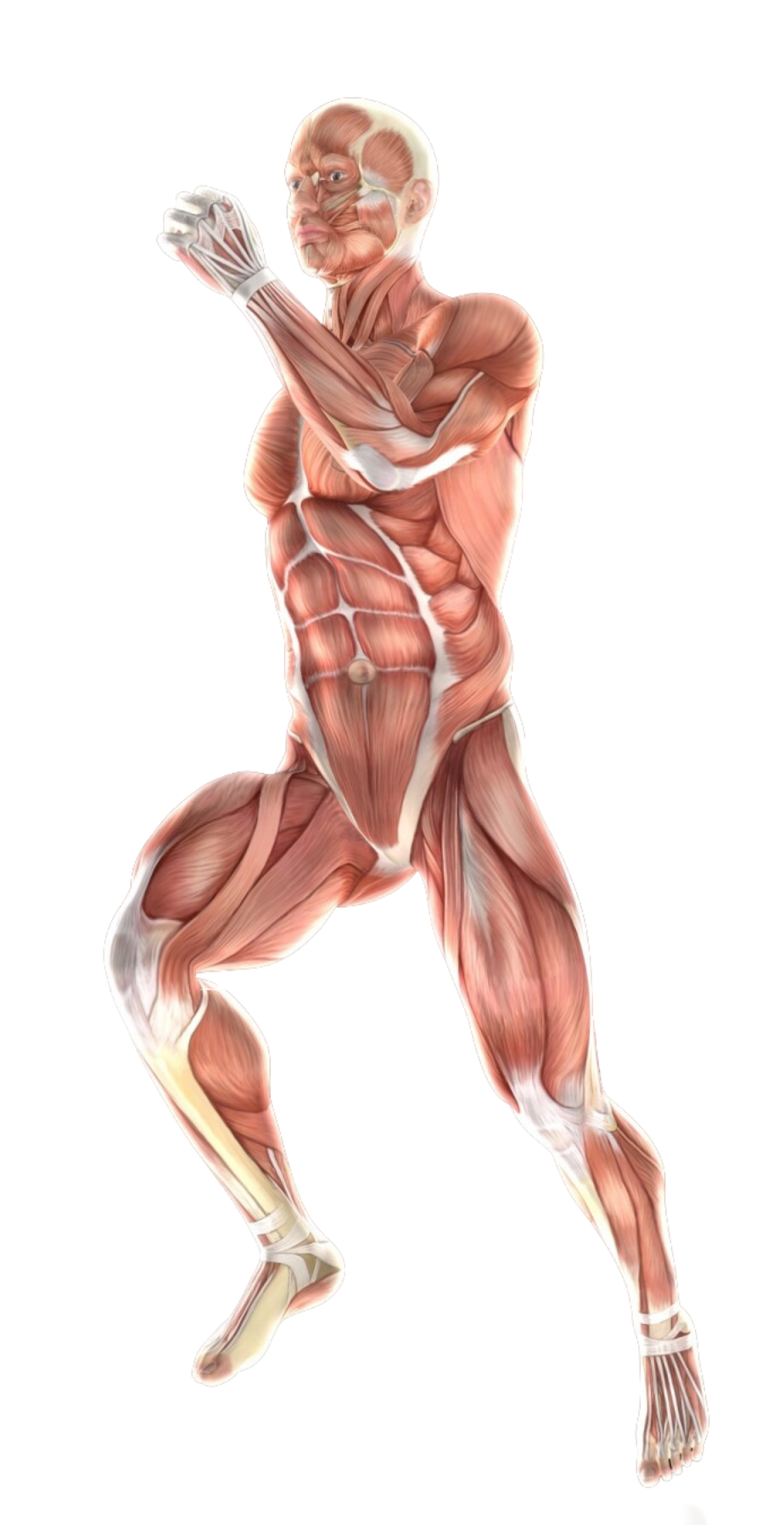
Spine - Neck
Shoulder & Elbow
Spine — Back
Wrist & Hand
Knee Pain
Ankle Pain
Foot Pain
Book a consultation with us for a more comprehensive diagnosis and a personalised treatment plan best suited to your needs.

Spine - Neck
Shoulder & Elbow
Spine — Back
Wrist & Hand
Knee
Ankle
Foot